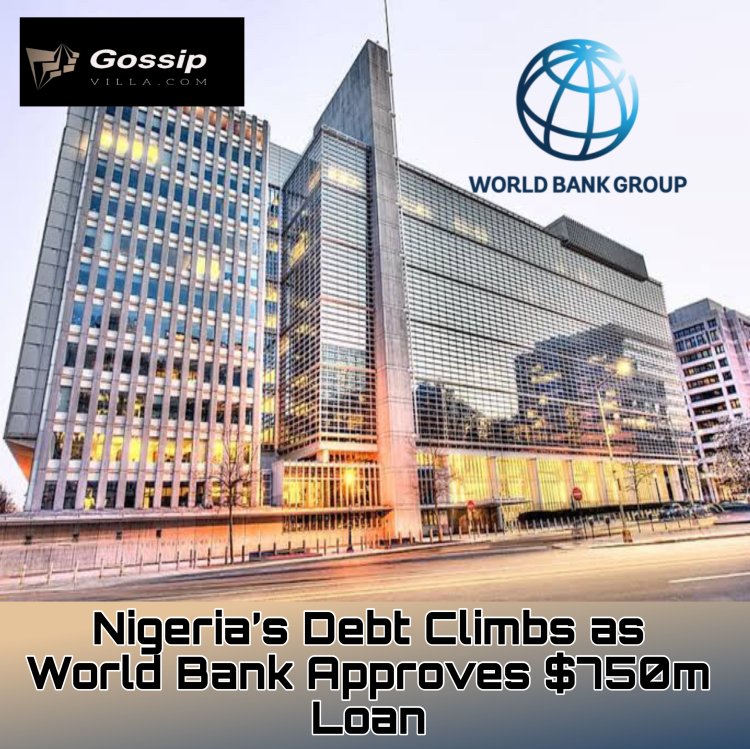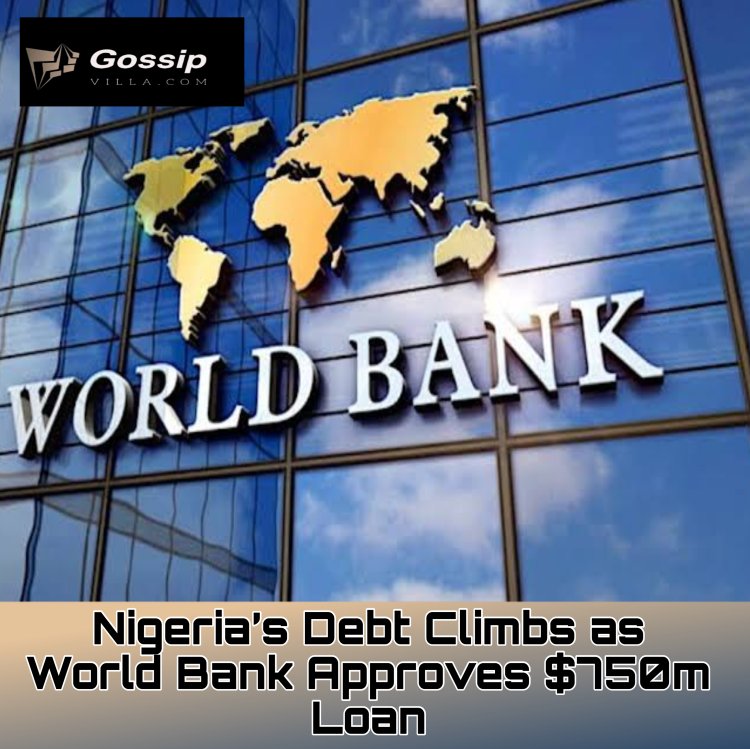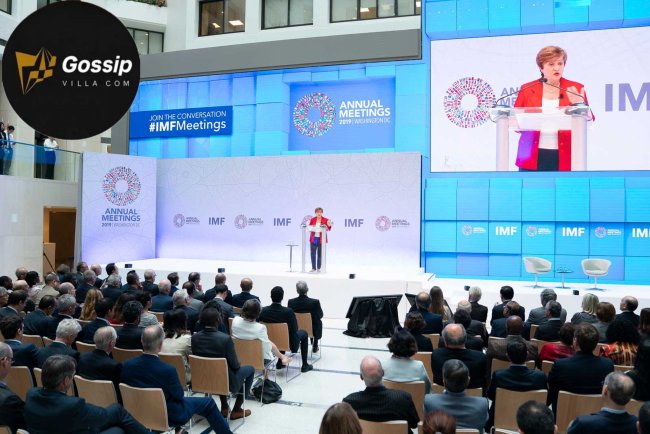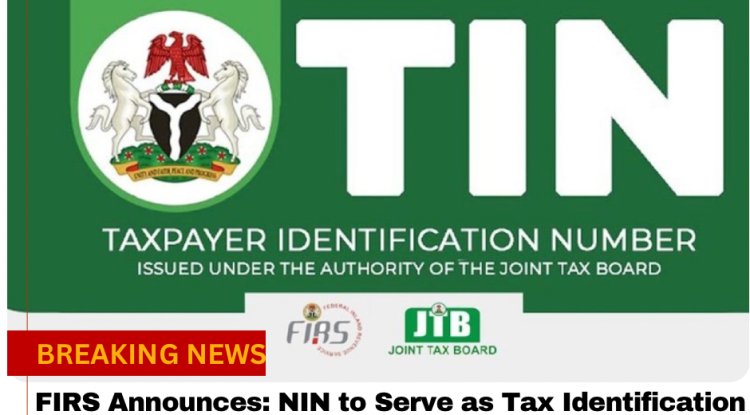Nigeria’s Debt Climbs as World Bank Approves $750m Loan
The World Bank approves $750m in loans for Nigeria to boost digital infrastructure and public health, raising concerns about the nation’s rising N149.39 trillion debt amid fiscal challenges.

Nigeria’s Debt Climbs as World Bank Approves $750m Loan
The World Bank has approved two loans totaling $750 million for Nigeria, adding to the nation’s rising debt, which hit N149.39 trillion ($97 billion) in Q1 2025. The funds, set for approval today, target digital infrastructure and public health but spark concerns over fiscal sustainability amid soaring debt-servicing costs.
The first loan, a $500 million credit for the Building Resilient Digital Infrastructure for Growth in Nigeria (BRIDGE) project, aims to expand broadband access in underserved areas. Managed by the Federal Ministry of Communications, Innovation, and Digital Economy, BRIDGE’s $1.6 billion total cost includes contributions from the African Development Bank and others. It seeks to boost digital inclusion, potentially adding 2% to GDP growth annually.
The second, a $250 million facility, supports the Health Security Programme – Phase II, led by the Nigeria Centre for Disease Control and Prevention. It will strengthen health systems to combat outbreaks like Lassa fever, building on lessons from COVID-19.

Nigeria’s debt to the World Bank now stands at $18.23 billion, 39.7% of its $45.98 billion external debt. With debt servicing consuming over 90% of federal revenue in 2024, critics warn of a potential debt trap, exacerbated by naira depreciation and oil price volatility. The Debt Management Office insists the 38.9% debt-to-GDP ratio is manageable, but calls for revenue diversification grow louder.
Concerns
While the loans promise tangible benefits, they arrive amid Nigeria’s escalating debt profile. As of March 31, 2025, Nigeria’s debt to the World Bank alone stood at $18.23 billion, a jump from $17.81 billion in December 2024. This makes the multilateral lender the largest creditor, accounting for 39.7% of Nigeria’s $45.98 billion external debt stock and over 81% of its multilateral borrowings in Q1 2025. Overall public debt has ballooned from around N87 trillion to N149 trillion, with projections suggesting it could hit N180 trillion soon.
Economists have voiced apprehensions about debt sustainability. The Debt Management Office (DMO) has clarified that while debt-to-GDP ratios remain manageable at around 38.9% (below the 55% threshold set by the Fiscal Responsibility Act), servicing costs are eating into budgets. In 2024, debt servicing consumed over 90% of federal revenues, crowding out investments in infrastructure and social programs. With global interest rates fluctuating and oil prices volatile—Nigeria’s primary revenue source—the risk of a debt trap looms large.
In conclusion
The $750 million approval is a testament to Nigeria’s potential but a reminder of its vulnerabilities. With prudent management, these funds could ignite transformative change; otherwise, they risk deepening the debt quagmire. As the nation stands at this crossroads, stakeholders—from policymakers to citizens—must prioritize accountability to secure a prosperous future.
News Sources:
What's Your Reaction?




















